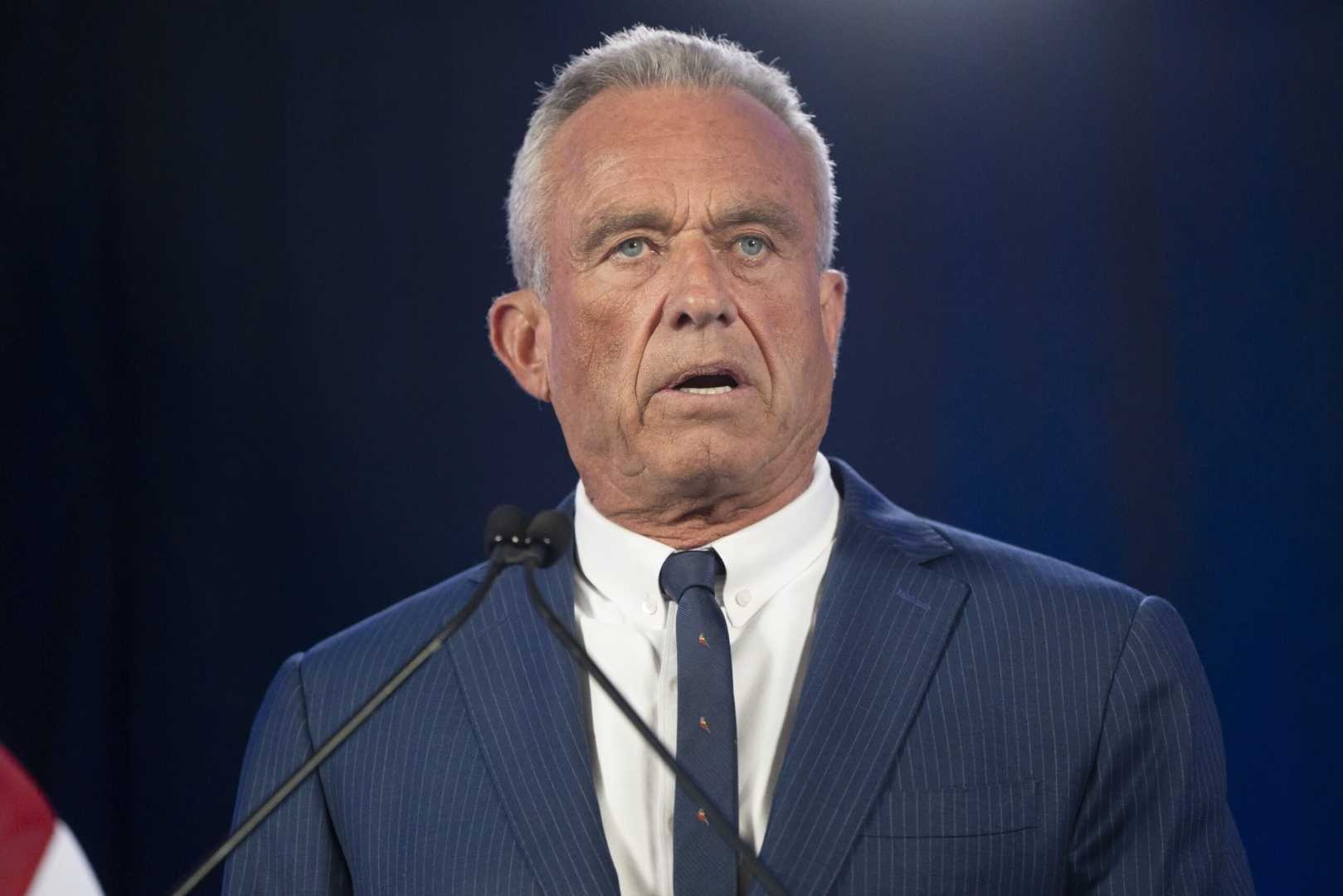Health
Kennedy Calls His Vaccine Opinions Irrelevant During Congressional Testimony

WASHINGTON, D.C. — Health and Human Services Secretary Robert F. Kennedy Jr. softened his stance on vaccines during a House committee hearing on Wednesday. He stated, “I don’t think people should be taking medical advice from me.” This statement came as he faced tough questions regarding his views on vaccines and recent staffing cuts at HHS.
Kennedy, a well-known vaccine skeptic, was testifying before Congress for the first time since his confirmation in January. He detailed his priorities for the department while avoiding sharing his personal opinions about vaccines, instead deferring to experts at the National Institutes of Health (NIH) and the Centers for Disease Control and Prevention (CDC).
When Democratic Rep. Mark Pocan asked if he would vaccinate his children for measles and chickenpox, Kennedy said he would “probably” vaccinate for measles but added, “my opinions about vaccines are irrelevant.” He emphasized that decisions on vaccination should rely on available research and expert guidance.
Kennedy directed NIH Director Jay Bhattacharya to present information on the risks and benefits of vaccines, acknowledging a change from his earlier stance as a vaccine skeptic. Despite claiming support for vaccines, he did not explicitly refute the unfounded claim that vaccines cause autism.
His comments drew criticism from public health experts who argued it is his job to provide clear health guidance. Georges Benjamin of the American Public Health Association stated, “That is his job — to give people the best advice that he can.”
During the hearings, Democrats questioned Kennedy about dramatic cuts at HHS. The department has seen about 10,000 employees leave, reducing its workforce from 82,000 to around 62,000. Kennedy explained that he believes these changes will not hinder crucial health programs such as Medicare or Medicaid.
Democratic Sen. Tammy Baldwin confronted him about cuts to CDC’s lead poisoning prevention program, which critics say has been gutted. Kennedy assured that the program’s funding would continue, but did not clarify how services would remain effective without staff.
Senator Patty Murray also challenged Kennedy on staff reductions at the National Institute for Occupational Safety and Health, emphasizing the importance of continued research into miner safety.
Kennedy maintained that his focus is on battling chronic disease and delivering effective services without imposing a financial burden on taxpayers. He argued that his budget supports these initiatives despite facing backlash over the cuts.
Rep. Rosa DeLauro pressed Kennedy for assurances that he would not cut programs approved by Congress, highlighting significant reductions in funding for the NIH. Kennedy responded that he plans to utilize the allocated funds appropriately, but this was met with skepticism.
As the hearing progressed, Kennedy defended his agency’s response to a measles outbreak that has affected 92 patients nationwide. His remarks indicated confidence in the CDC’s efforts to handle the crisis. However, DeLauro and other Democrats challenged his comparisons of the U.S. response to those of other countries, arguing they did not represent a fair assessment.
Throughout the hearings, Kennedy’s history of contradictory statements about vaccines was highlighted, particularly concerning his previous affirmations of the measles vaccine’s effectiveness. Despite acknowledging its preventive role, he hesitated to fully endorse it due to concerns over perceived issues.
Experts maintain that the MMR vaccine has proven safety and efficacy, with substantial evidence supporting its effectiveness without the need for additional boosters. Federal health networks remain in place to monitor vaccine safety, allowing for public reporting of any adverse effects post-vaccination.












